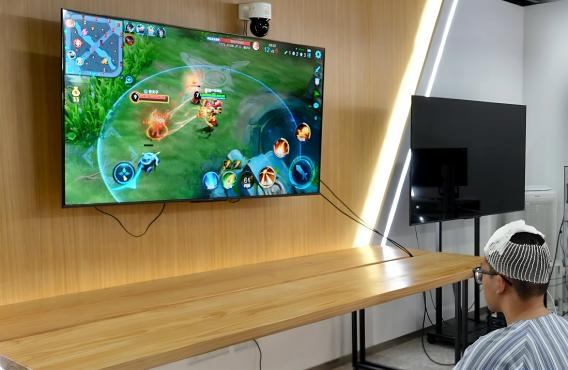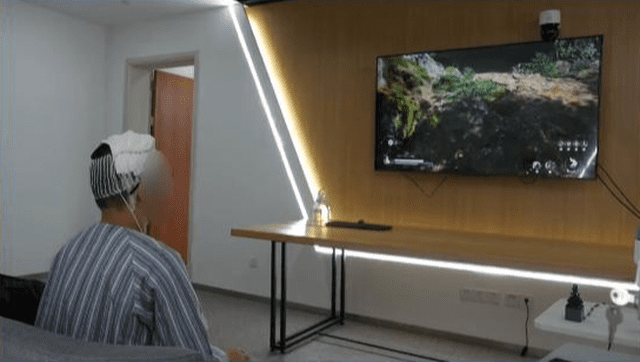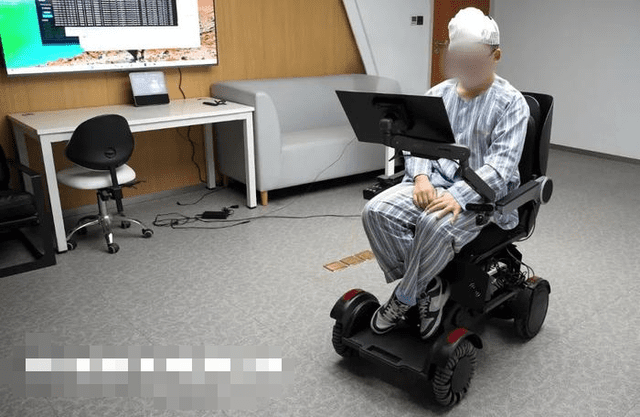When the Game Industry Can “Battle” with Black Myth: Wukong!
Recently, Shanghai Brain Tiger Technology partnered with Huashan Hospital, affiliated with Fudan University, to announce a breakthrough in the field of brain-computer interface technology. Notably, they have successfully helped a 19-year-old patient suffering from paralysis regain control of various video games such as Honor of Kings and Black Myth: Wukong merely by “thinking.”

This extraordinary ability was achieved through a device implanted in the patient’s brain developed by the company. Specifically, the patient was implanted with a brain-computer interface that consists of 256 channels for complex signal processing. Just two days after the surgery, he began participating in clinical experiments. After nearly 20 hours of training, his ability to control a character on the screen reached 4.07 bits per second—almost on par with traditional computer performance.

This advanced device operates by collecting brain signals from the region where the brain is active and decoding them into commands to control a character in real time. This process helps the patient quickly gain the ability to control a character through mental imagery. The results showed that as the training time increased, the accuracy and speed of controlling the character improved significantly.
Gaming Experience Elevated to New Heights
It can be seen that this is a clear demonstration of the power of artificial intelligence and neural technology in connecting humans with machines, turning science fiction elements into reality.

Notably, this technology does not only open doors for new gaming experiences but also has great potential applications in everyday life. With this implanted device, users can control smart vehicles, smart homes, access and operate various electronic devices—all through thought alone, without the need for any external hardware.
The successful initial steps of this experiment have opened a new frontier for brain-computer interfaces. In the future, this technology will not only improve the quality of life but also assist those who are less fortunate, providing them with deeper engagement in leisure, social activities, and even employment opportunities.
Source: Sina





















